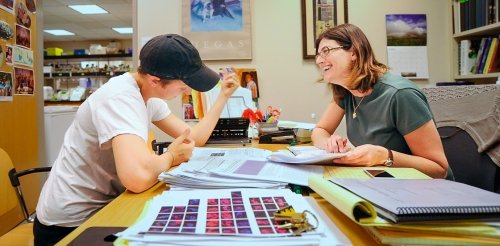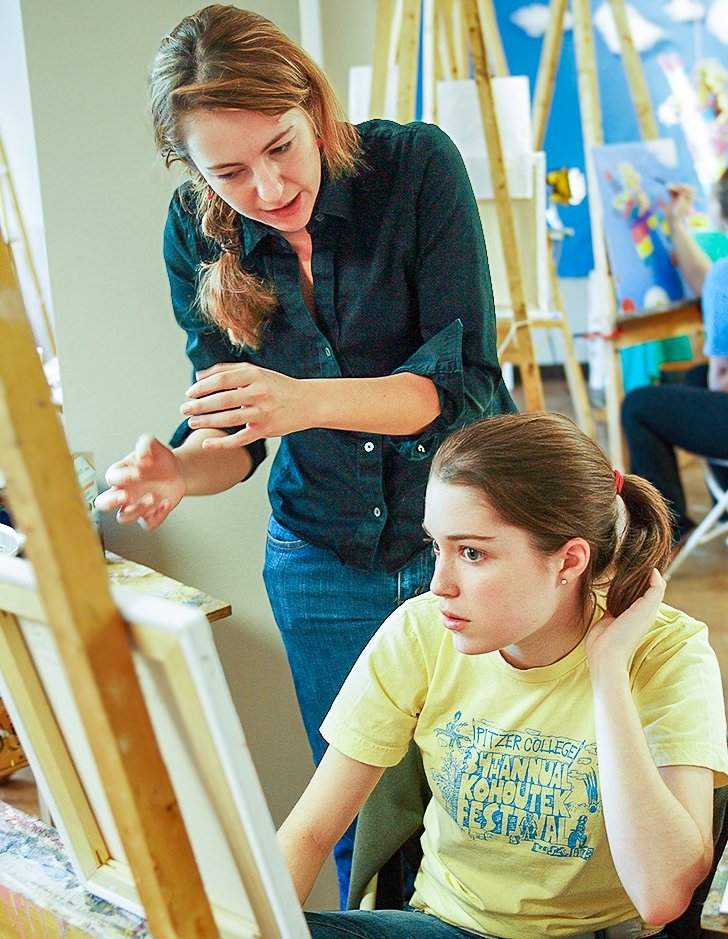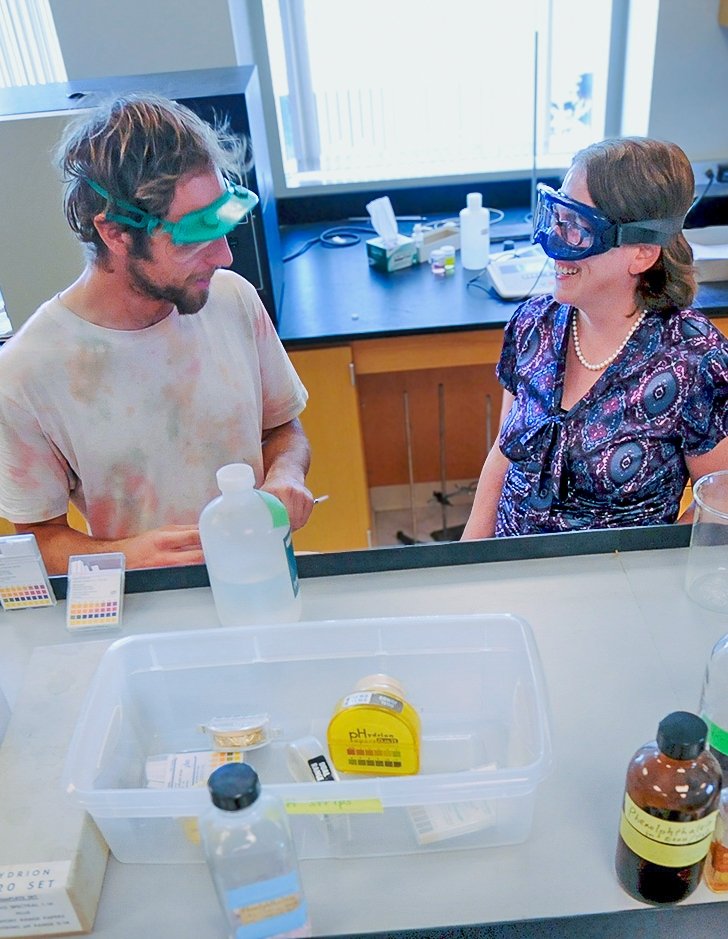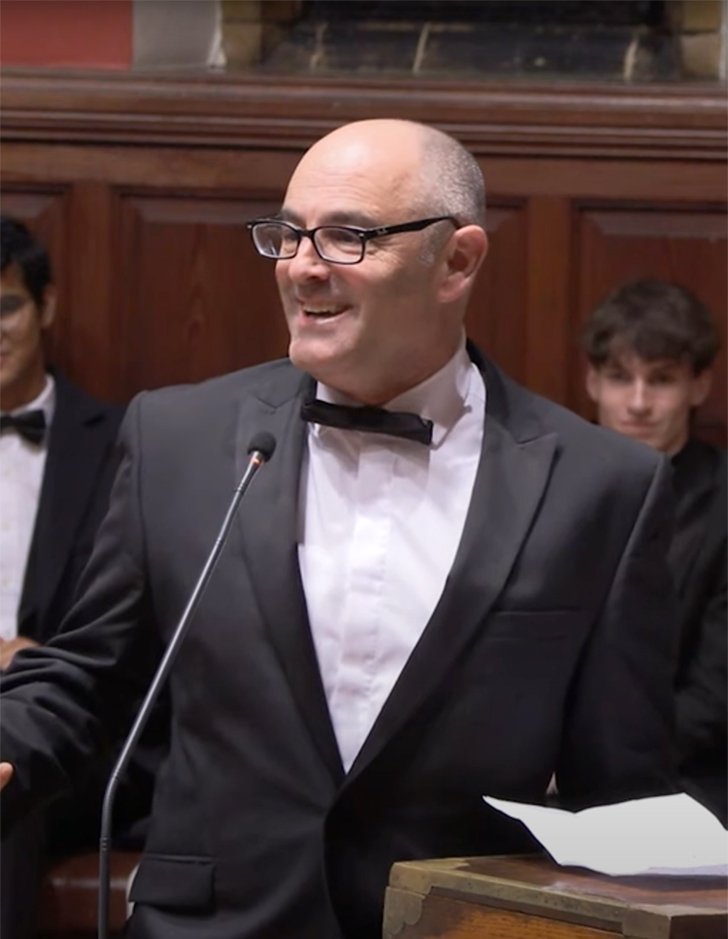Faculty Mentorship
At Pitzer you’ll work closely with a dedicated group of scholars who will help you chart an academic course to suit, challenge, and inspire you
Meet Our Faculty
“When students feel like they belong and their professors care about them, they learn more and are more likely to graduate. Those are ‘soft’ things we don’t think about as important to success, but they’re crucial and not soft at all.”
Jessica Kizer
she/her
Associate Professor of Sociology
Students work closely with professors who combine a passion for research with the joy of teaching.
Committed to Student Success
Pitzer faculty don’t just know your name, they know your interests and ambitions. Thanks to small class sizes, you’ll have ample chances to work with them on research that has exciting, real-world implications.
And here’s something else to consider: Your relationship with your Pitzer professors doesn’t have to end after four years. Our faculty continue to serve as advocates and supporters for many graduates as they take the next steps in their professional careers.

A Powerful Community of Scholars

Student-Centered
Our faculty are not just celebrated scholars and passionate activists, they’re student-centered. They possess a rich variety of experiences and backgrounds that will inform your learning and world views.
Some important facts to consider: 59% of Pitzer faculty are women, 23% are from underrepresented groups, and 100% of our tenured/tenure-track professors hold PhDs or terminal degrees.

The Classroom Experience
Rather than sitting in a crowded lecture hall, at Pitzer our average class size is 16 and our student-to-faculty ratio is low. That means you’re able to have meaningful, thought-provoking discussions with faculty and fellow students while voicing and hearing a variety of perspectives.

Guiding Your Academic Adventure
Engaging directly with a professor is one of the best ways to enhance your academic experience. Whether this takes the form of working on an experiment in the bio lab, organizing a campus event, developing an independent study project, or writing a book together, you’ll gain amazing experience and skills.
Pitzer Voices
"My favorite part of Pitzer is the close relationships between students and professors. Attending Pitzer makes me feel supported in ways I never expected or ever experienced in the past. Professors here are not only professors to me, but mentors, guides and role models helping me discover my purpose."
Maisie Adaams '25
Cognitive Science major; Science, Technology and Society minor
Faculty in Action
Watch Professor Phil Zuckerman debate the existence of God at the Oxford Union.
Shaping Opinion
Pitzer faculty participate in important public conversations through their books, scholarly publications, and expert commentary in leading global media outlets.
Some, like Professor of Sociology and Secular Studies Phil Zuckerman (who participated in a 2023 debate at England's Oxford Union), also take Pitzer’s scholarly reputation abroad.
